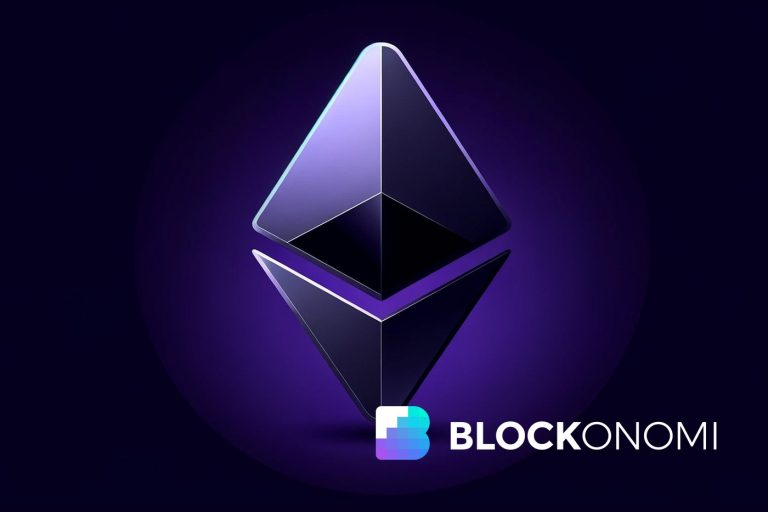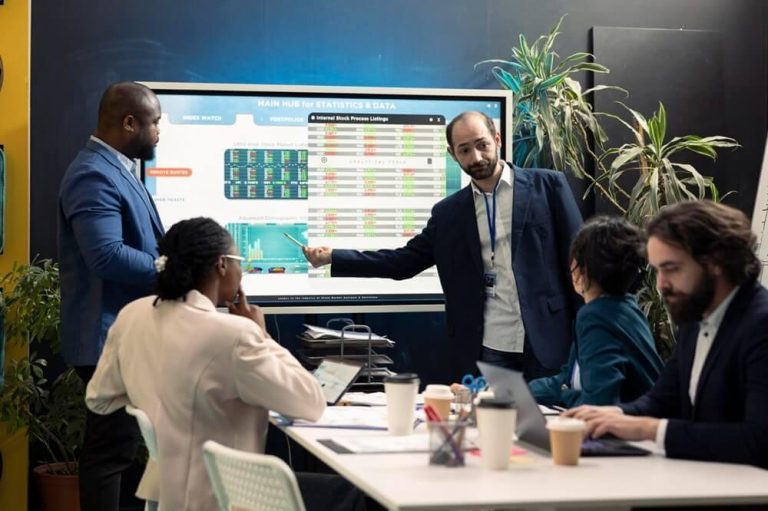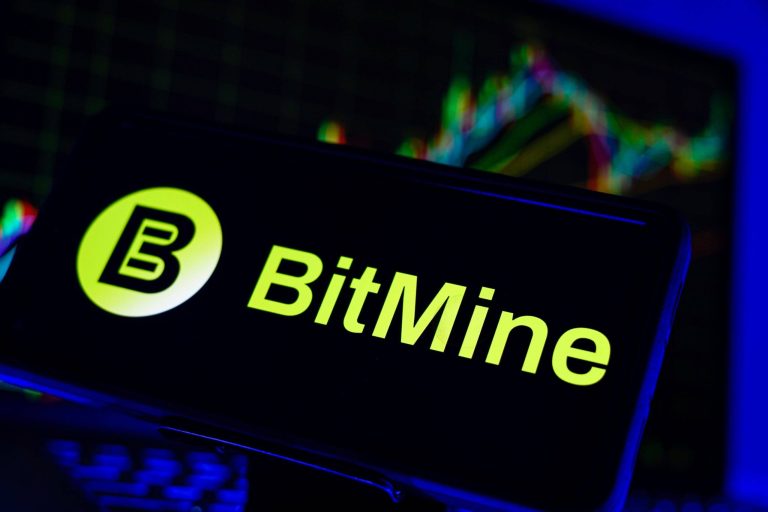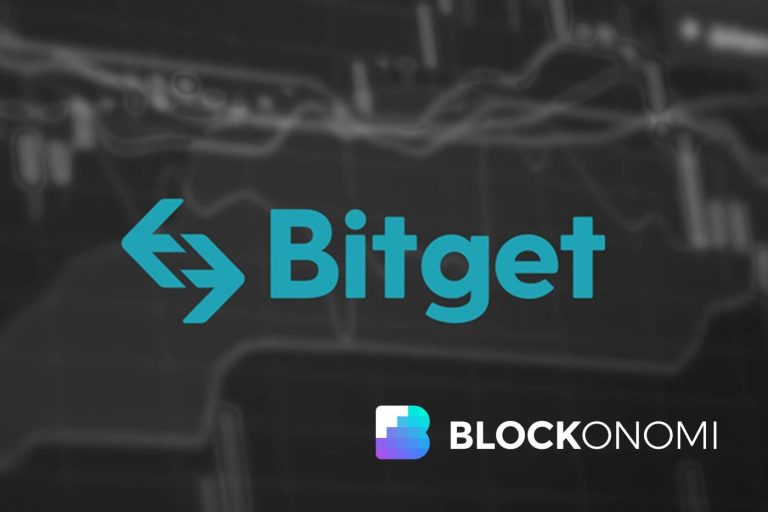
Introduction

As we move closer to 2025, the pace of cultural shifts and societal trends is accelerating rapidly. The interplay between technology, global challenges, and evolving social norms is creating a landscape that is significantly different from what we knew just a decade ago. This article explores the major trends that are reshaping our world and what they mean for the future.
Technological Advancements and Digital Transformation
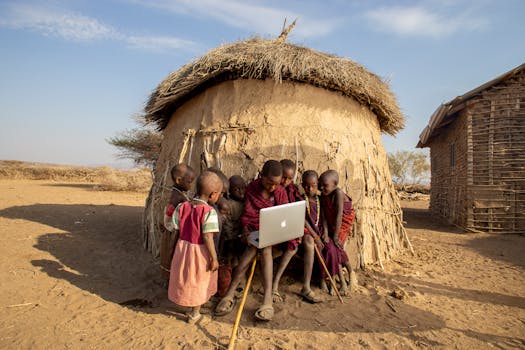
One of the most profound cultural shifts is the impact of technology on our daily lives. The rise of artificial intelligence, machine learning, and the Internet of Things (IoT) is revolutionizing industries and personal interactions. Remote work has become more mainstream, leading to a reevaluation of work-life balance and productivity. As we approach 2025, the integration of technology in every facet of life will only deepen, influencing everything from education to healthcare.
Moreover, with the advent of 5G technology, we can expect an exponential increase in connectivity. This will not only enhance communication but also enable innovations in smart cities, autonomous vehicles, and more. The cultural acceptance of these technologies will shape our social interactions and alter our perceptions of privacy and security.
Environmental Awareness and Sustainability
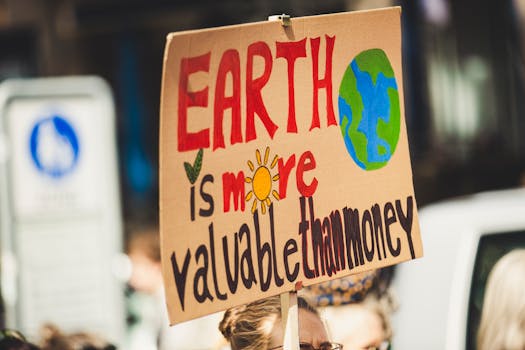
Another significant trend is the growing awareness of environmental issues and the urgent need for sustainability. Climate change has become a rallying cry for many, leading to a shift in consumer behavior towards eco-friendly products and practices. As we approach 2025, the cultural narrative around sustainability will continue to evolve, with individuals and organizations alike being held accountable for their environmental impact.
Movements advocating for sustainability are influencing policies and business practices. Companies are increasingly adopting green practices, not merely as a response to consumer demand but as a core part of their identity. This shift is fostering a culture of sustainability that prioritizes long-term ecological health over short-term profits.
Social Justice and Equity Movements

The past few years have seen a significant rise in social justice movements, advocating for equity and inclusion across various sectors. As we head towards 2025, these movements will continue to shape societal norms and policies. Issues surrounding race, gender, and economic inequality are at the forefront, challenging traditional power structures.
This cultural shift emphasizes the importance of diverse voices in decision-making processes and seeks to dismantle systemic barriers. The impact of social media has been pivotal in amplifying these messages, allowing grassroots movements to gain global attention and traction. The ongoing dialogue about equity will likely redefine how we view community, leadership, and responsibility.
The Future of Work and Education

As we approach 2025, the future of work and education will be increasingly intertwined with the aforementioned trends. The traditional models of education are being challenged by the need for skills that align with the rapidly changing job market. Lifelong learning is becoming essential, as individuals must continuously adapt to new technologies and methodologies.
Moreover, the concept of work is evolving. The gig economy and remote work are reshaping employment structures, allowing for more flexibility and autonomy. However, this also brings challenges, such as job security and benefits. The societal perception of work will continue to transform, necessitating a cultural shift towards valuing diverse career paths and alternative employment models.
